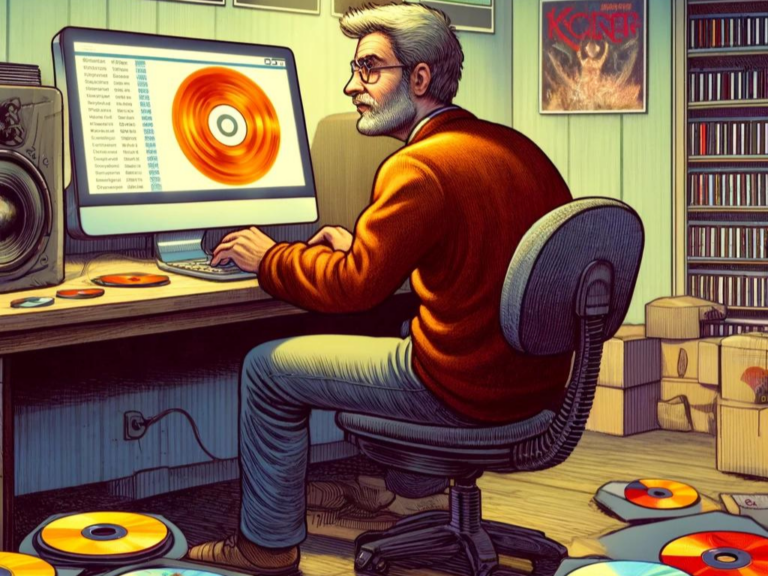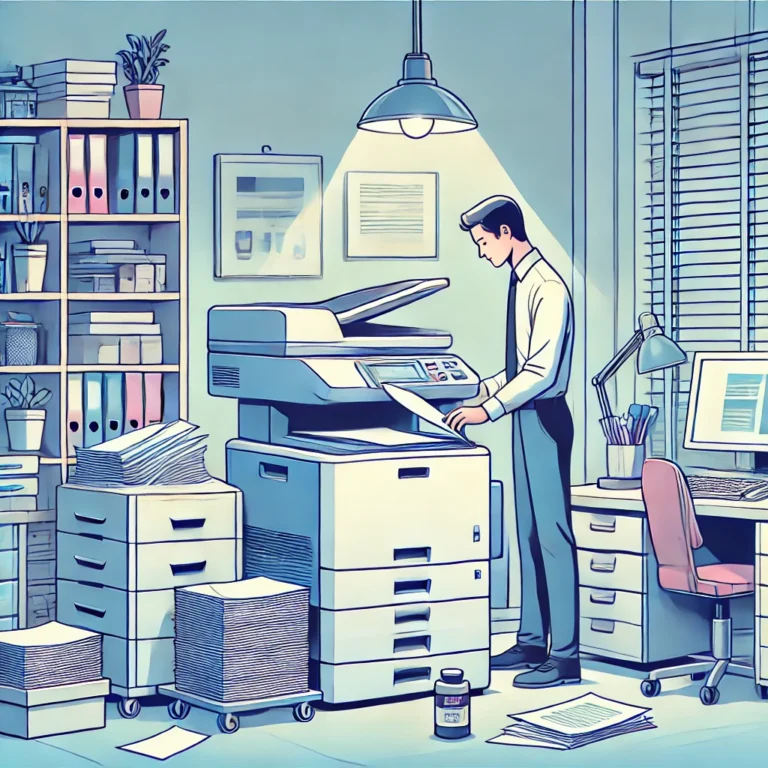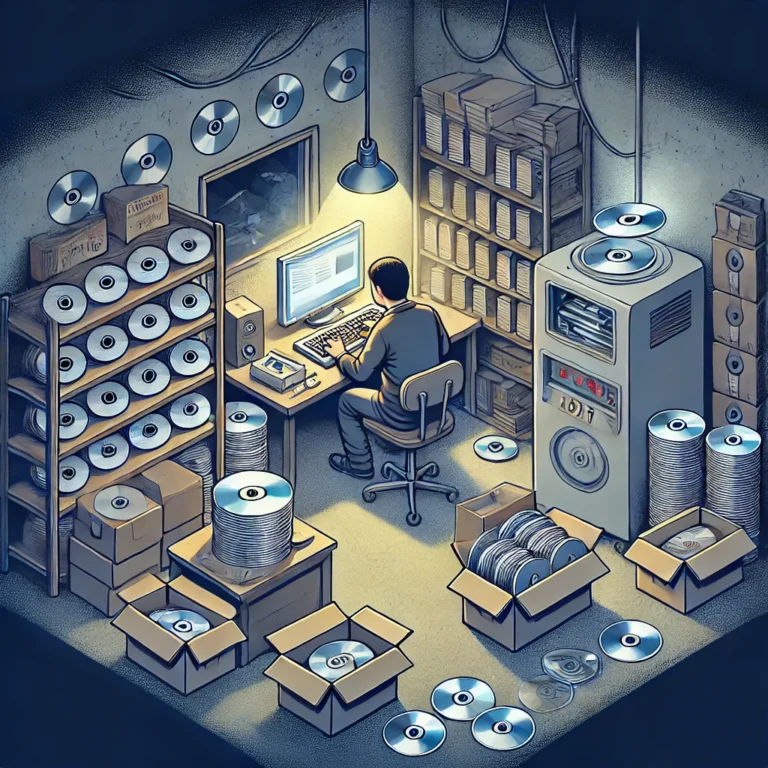Call us now:
Acts of copyright infringement regarding cinematographic works under Vietnamese law. Copyright infringement of cinematographic works is a serious and widespread issue in the entertainment industry, especially in the context of rapidly advancing digital technology.

What is a cinematographic work?
A cinematographic work is a type of creative work in the field of art, encompassing stories, content, or events presented in the form of film. Cinematographic works typically include feature films, short films, documentaries, animated films, and other types of films. The defining characteristic of a cinematographic work is the use of moving images and sound to tell a story, convey a message, evoke emotions, and entertain the audience.
A cinematographic work is usually composed of various artistic elements, including the script, directing, acting, cinematography, music, special effects, and editing. Each film may have one or more producers and can be released in various formats, such as theatrical screenings, television broadcasts, or online platforms.
Acts of copyright infringement regarding cinematographic works under Vietnamese law
Copyright infringement of cinematographic works is a serious and widespread issue in the entertainment industry, especially in the context of rapidly advancing digital technology. These infringements not only cause financial damage to film producers but also diminish the value and reputation of cinematographic works. Below are some common forms of infringement on cinematographic works.
Illegal Copying and Distribution of Pirated Media
Illegal copying and distribution of pirated media is a serious copyright infringement that has been prevalent for many years, particularly in the music, film, and other media industries. This behavior causes significant economic harm to producers, artists, and authors, while negatively impacting the healthy development of the entertainment industry.
Pirated copies are unauthorized reproductions of original media (CDs, DVDs, Blu-rays) created without the permission of the copyright owner. These copies are often of lower quality than the originals and do not comply with copyright protection standards.
With the advancement of technology, copying media has become easier and faster, leading to widespread unauthorized reproduction. Modern copying devices allow for mass production of pirated copies in a short time at minimal cost.
Pirated media is often distributed through unofficial channels, such as black markets, unlicensed stores, or the internet. These pirated products are sold at much lower prices than legitimate products, attracting a large number of consumers.
The distribution of pirated media negatively affects the official market, reducing the revenue of legitimate producers and distributors. This also diminishes the creative motivation of artists and authors.
Unauthorized Distribution of Films on Online Streaming Websites
These websites often provide movie content without the permission of the copyright owners, causing significant damage to the film and television industries. Films are illegally copied from official sources, such as DVDs, Blu-rays, or even from legitimate streaming platforms. These copies are then uploaded to illegal movie-sharing websites without the consent of the producers or distributors.
Illegal streaming websites offer services where users can watch movies directly on the platform without downloading them. These websites typically operate outside the law and generate profit through advertisements, membership fees, or even by selling user data.
Film producers, actors, and related parties lose revenue from official distribution channels. This reduces box office sales, DVD sales, and other legitimate distribution revenues. The illegal distribution of films undermines the film industry, affecting the quality and quantity of films produced. Producers may reduce their investment in new projects due to concerns about not being able to recoup their investment.
Additionally, users who access illegal streaming websites are at high risk of encountering malware, scams, and privacy violations, as these websites often collect personal information without proper protection.
Unauthorized Use of Film Audio or Visuals for Commercial Purposes
This behavior involves taking portions of audio or visuals from a film and using them without the copyright owner’s permission for profit. Some businesses may use audio clips or visuals from a popular film in their advertisements without seeking approval. This can include using background music, images of well-known characters, or specific scenes to attract attention from the audience.
Many content creators on platforms like YouTube, TikTok, or Instagram use film audio or visuals to create videos without permission. If these videos generate revenue from ads or are tied to commercial products, this constitutes copyright infringement. Some individuals or organizations might take audio segments from films to create remixes, mashups, or audio modifications, then release or sell them without the copyright owner’s consent.
Remaking Films Without Permission from the Original Owner
Remaking a film typically involves reusing the plot, script, characters, or style from the original work, and thus requires consent from the original copyright owner. Copying the entire or part of the storyline or script without permission constitutes copyright infringement. This includes recreating key events, important dialogue, and characters from the original film.
In many cases, remaking a film can also involve using similar or identical visual styles, scenes, or character designs. This is also considered infringement if done without the copyright holder’s authorization. If a remake is released and distributed without the copyright owner’s consent, it may be deemed a serious violation of copyright law.
Handling copyright infringement of cinematographic works
Depending on the specific case, the copyright owner of the film may take the following legal measures:
– Report the matter to the relevant state authorities for administrative or criminal action, depending on the severity of the infringement. The copyright owner can report the infringement to the relevant state authorities, such as the Inspectorate of the Ministry of Culture, Sports, and Tourism or the Inspectorate of the Ministry of Information and Communications, for administrative handling. In cases where the copyright infringement is severe (e.g., large-scale piracy or significant economic loss), the copyright owner can seek criminal prosecution under the Criminal Code of Vietnam.
– File a lawsuit against the infringing party at the competent People’s Court to demand the cessation of the violation, a public apology, and compensation for material and moral damages. The infringer may be required to issue a public apology in the media, acknowledging the infringement. The court may order the infringer to stop using, distributing, or broadcasting the copyrighted work. The copyright owner can demand compensation for material losses (e.g., lost profits, production costs) and moral damages (e.g., harm to reputation). The amount of compensation can vary depending on the economic impact of the infringement.
Contact Us Now:
DCNH LAW
Address: 38B Tran Nhat Duat, Phuoc Hoa ward, Nha Trang city, Khanh Hoa province, Vietnam.
Phone: (+84) 343320223 – 974278893
Email: dcnh.law@gmail.com




